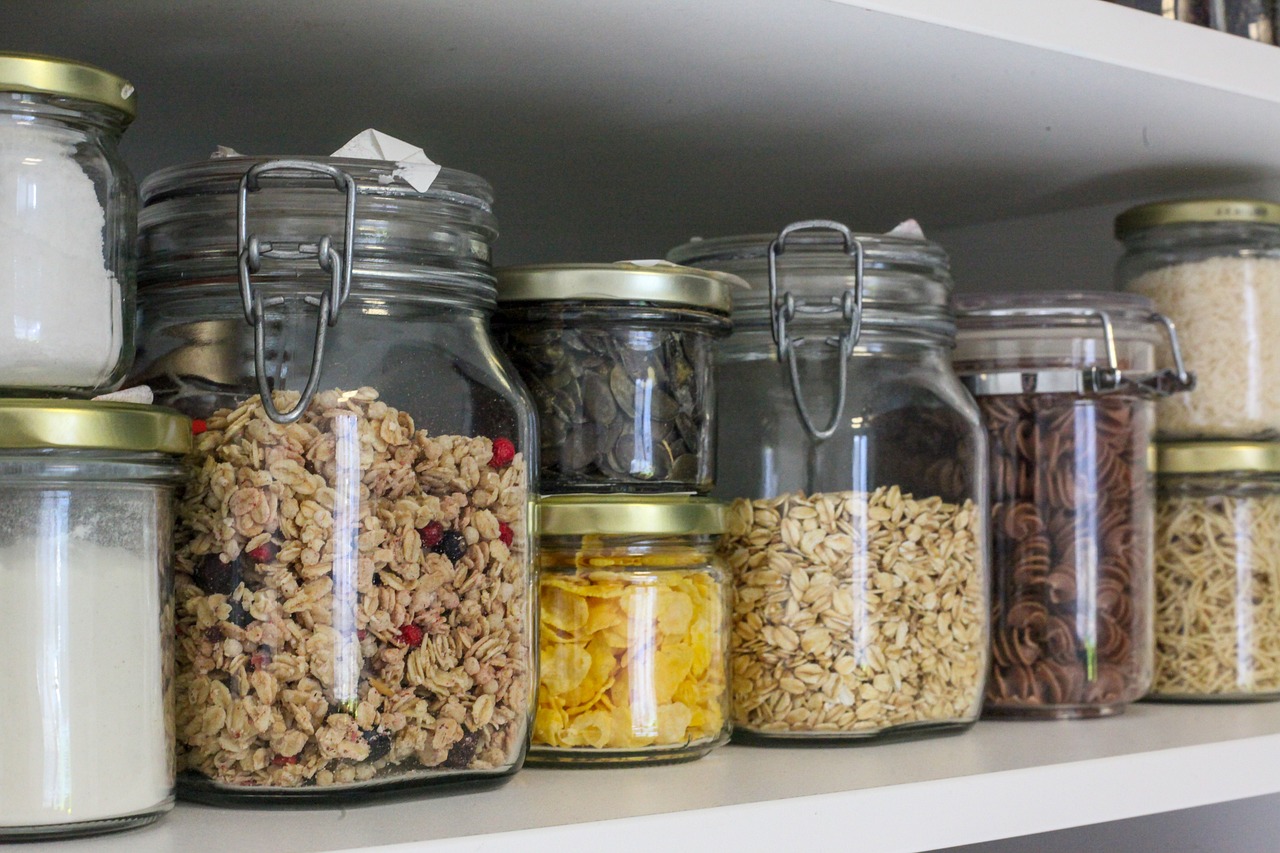Introduction
Food waste is a significant global issue, with enormous implications for both the environment and the economy. Every year, roughly one-third of all food produced for human consumption goes to waste, contributing to greenhouse gas emissions, deforestation, and the depletion of valuable resources like water and energy. As individuals, we each have a part to play in tackling this problem. By adopting simple practices to reduce food waste in our daily lives, we can not only save money but also make a positive impact on the environment.
Plan Your Meals
One of the most effective ways to reduce food waste is through meal planning. By carefully planning your meals for the week, you can ensure that you only purchase the ingredients you need, reducing the likelihood of food spoilage and waste. To create a weekly meal plan, start by taking inventory of the food you already have, then build your meals around those ingredients. Make a shopping list and stick to it when you’re at the store, resisting the urge to buy items that aren’t on your plan. This strategy not only helps minimize waste but can also save you time and money.
Store Food Properly
Proper food storage is another essential factor in reducing food waste. When food is stored correctly, it can last longer, giving you more time to consume it before it goes bad. Different types of food require different storage methods, so be sure to familiarize yourself with the best practices for each item. For example, store fruits and vegetables separately, as some fruits release ethylene gas that can cause nearby vegetables to spoil more quickly. Additionally, make use of airtight containers and preservation methods like freezing or canning to extend the shelf life of your food, further reducing the potential for waste
Understand Expiration Dates
One key aspect of reducing food waste is understanding expiration dates. Many people are confused by the different types of dates on food packaging, which can lead to unnecessary waste. “Use by” dates indicate when a product is likely to be at its best quality, while “best by” and “sell by” dates are recommendations from the manufacturer for peak flavor and freshness. It’s important to note that these dates are not definitive indicators of food safety. In many cases, food may still be safe to eat past these dates. To determine if an item is still safe to consume, use your senses—smell, taste, and look for signs of spoilage, such as mold or an off odor. By consuming food close to its expiration date, you can reduce waste and make the most of your purchases.
Get Creative with Leftovers
Leftovers can be a valuable resource for reducing food waste if used creatively. Instead of letting leftovers go to waste, think of ways to repurpose them into new meals. For example, use leftover roasted vegetables in a frittata, or turn last night’s rice into a delicious stir-fry. If you don’t plan to eat your leftovers right away, consider freezing them for future use. Properly stored frozen leftovers can last for months and provide a convenient meal option when you’re short on time or ingredients. Additionally, if you have more food than you can consume, share it with friends, family, or neighbors, or donate it to a local food bank or shelter. By making the most of your leftovers, you can save money, reduce waste, and contribute to a more sustainable food system.
Compost Food Scraps
An effective way to deal with unavoidable food waste is by composting. Composting has several benefits for the environment, such as reducing methane emissions from landfills and providing valuable nutrients for soil. To start a home composting system, you can choose from various methods, including using a compost bin, a tumbler, or a worm composting system. Each method has its advantages, so it’s essential to find the one that best suits your needs and space constraints. When composting, it’s important to know what can and cannot be composted. Generally, fruit and vegetable scraps, coffee grounds, tea leaves, eggshells, and yard waste can be composted, while meat, dairy products, and oily or fatty foods should be avoided as they can attract pests and create unpleasant odors.
Conclusion
As individuals, our efforts to reduce food waste may seem small, but when combined, they can have a significant impact on the environment and our wallets. By adopting these simple practices, such as planning meals, storing food correctly, understanding expiration dates, getting creative with leftovers, and composting food scraps, you can help combat the global issue of food waste. Not only will you save money, but you’ll also contribute to a more sustainable and environmentally friendly world. Let’s all do our part and make a difference together.

Comments are closed